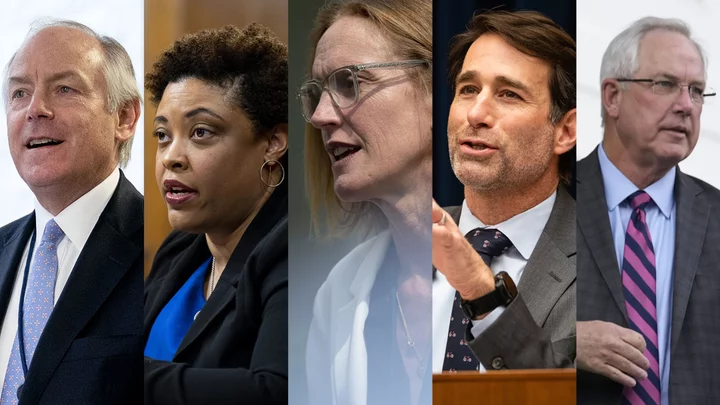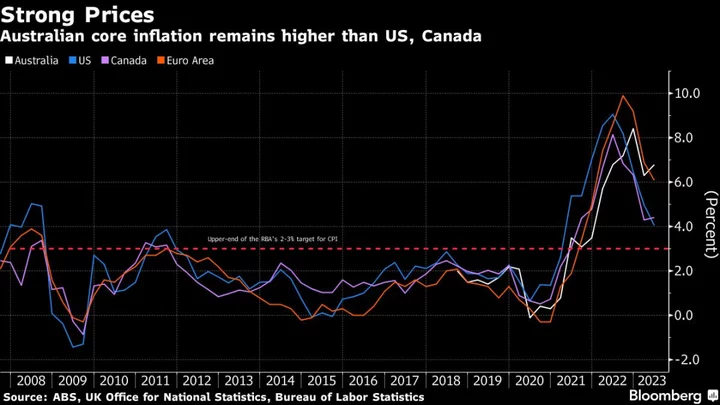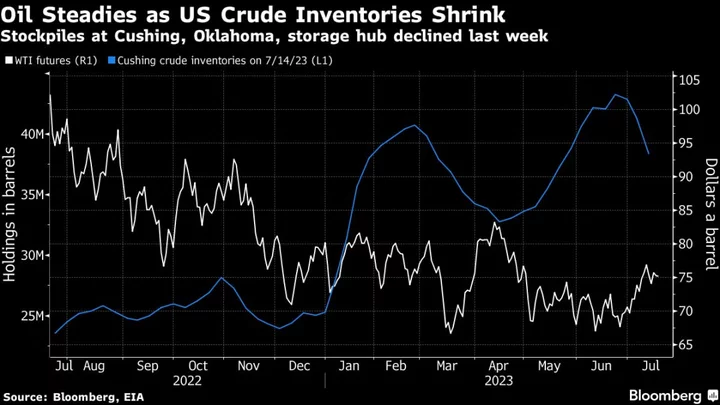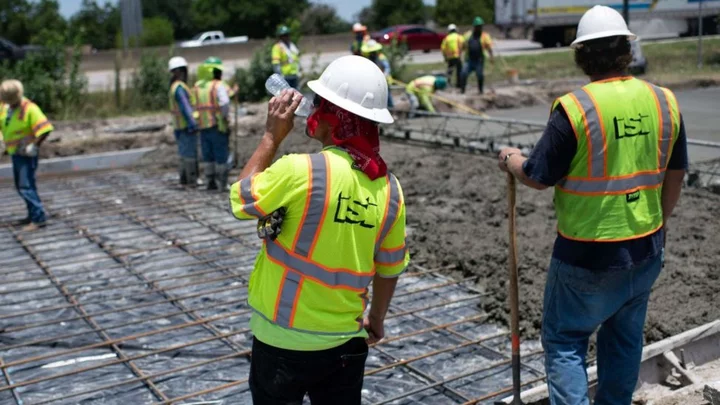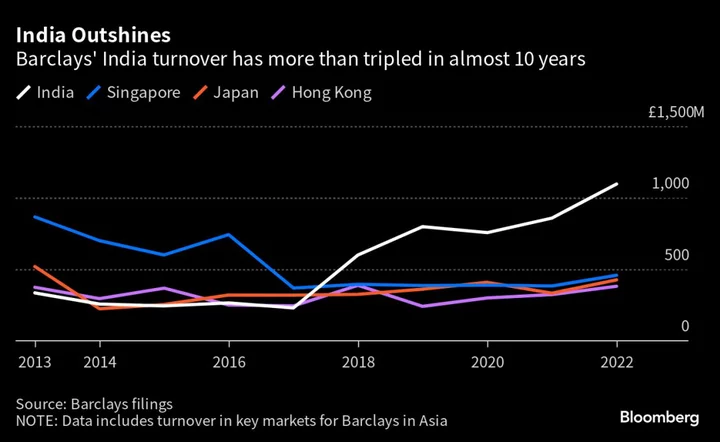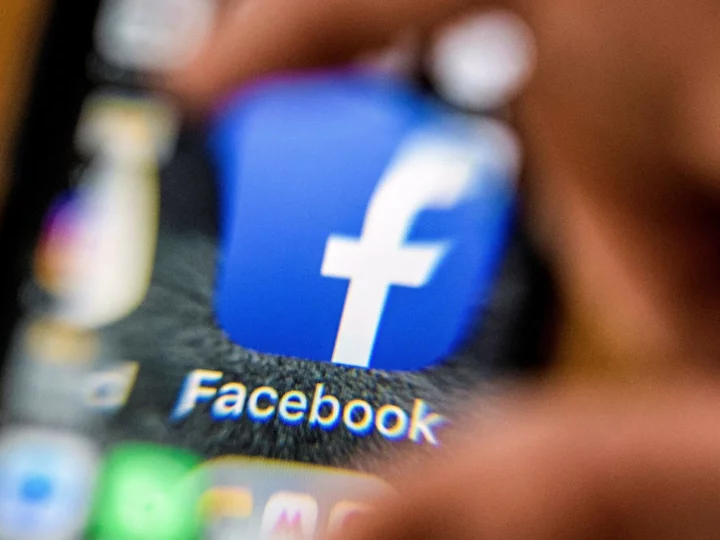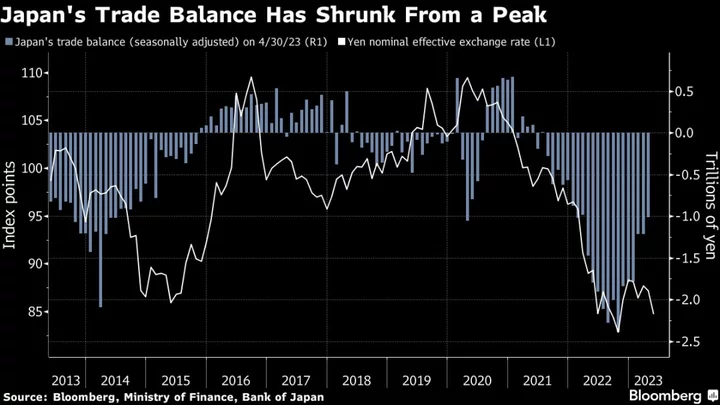President Joe Biden and Republican House Speaker Kevin McCarthy will meet at 5:30 pm Monday at the White House for talks on averting a catastrophic US default as time runs short and key differences remain.
Ahead of the meeting, Biden’s negotiating team arrived at the US Capitol early Monday for discussions with Republican representatives.
McCarthy told reporters early Monday that Democrats would need to seriously cut spending to get to a deal in time.
“They have spent too much money,” he said. “Ever sense the Democrats took over the presidency, they have spent too much money. It’s very hard to get them off that spending spree that they are addicted to.”
Negotiations have whipsawed between progress and deadlock for days as the two sides simultaneously grapple for political advantage and a deal.
Fault Lines
The two sides remain far apart on issues that include the level and length of caps on discretionary spending, the terms of a faster permitting process for energy projects and whether to include work requirements for beneficiaries of Medicaid, food stamps, and cash assistance programs.
Earlier Monday, House Financial Services Committee Chair Patrick McHenry, a negotiator for McCarthy, struck an optimistic tone, telling reporters that a call Sunday between Biden and the GOP speaker was “productive” and helped to restart talks.
“It got us back in the room together,” McHenry said. “We have a sort of updated sense of our realities. We know the deadline. Both sides are working in good faith, but we’ve got tough issues.”
The leaders’ hand-picked negotiators met for more than two hours Sunday evening in McCarthy’s office at the Capitol but did not discuss the status of those discussions with reporters.
Treasury Secretary Janet Yellen said Sunday that the chances the US can pay all its bills by mid-June are “quite low” without action on the debt limit. Yellen underscored the urgency of the situation, telling NBC there are tax payments expected then that are substantial and “getting to that date is the problem.”
She previously said the US could run out of funds to make good on all its payments as soon as June 1. Goldman Sachs Group Inc. economists estimated in a note to clients the US Treasury cash balance would drop below what it needs to pay debts by June 8 or 9 but projected a “chance” of default by June 1.
The current standoff over the debt ceiling has the potential to put more strain on the US economy, which is already vulnerable to a recession after a series of interest-rate hikes by the Federal Reserve, according to Bloomberg Economics.
Markets were little changed at mid-morning with traders on alert for developments in the debt-limit talks. The dollar gained Monday against a basket of currencies while US Treasury yields were little changed. The benchmark S&P 500 index was flat.
Traders on Alert as Debt-Limit Deadline Draws Near: Markets Wrap
Biden told reporters Sunday before departing from a summit in Japan that he proposed to cut spending and that the onus is now on Republicans to shift their demands. The president insisted he wouldn’t agree to a deal that protects tax breaks for the wealthy and the fossil-fuel and pharmaceutical industries while cutting health-care and education funding.
“Now it’s time for the other side to move from their extreme positions because much of what they’ve already proposed is simply, quite frankly, unacceptable,” Biden said.
Republicans have lowered their demands on spending caps from 10 years to six years, according to two people familiar with the talks, but the White House still wants the deal to last two years.
One of the people said the GOP is still seeking a large increase to defense spending next year, something that would deepen cuts to social services. Democrats have demanded that defense, which is about half of all federal discretionary spending, not be fenced off from cuts.
--With assistance from Ana Monteiro.
(Updates with markets, McCarthy comments)

